Photo by Daniel Nicoletta
In a recent blog post, Dustin Lance Black, the Oscar award-winning screenwriter of Milk and political activist, addressed the similarities between the LGBT and black struggles for equality and dignity. Today, America's racial issues are on display with a vividness that has not been seen for decades. From Ferguson to Baltimore, from Michael Brown to Tamir Rice and Freddie Gray, the unconscionable discrimination and abuses directed towards racial minorities in this country are being noticed and being decried. By some.
Police brutality and condoned discrimination are something that we in the gay community are very familiar with, which made the lack of mainstream LGBT participation in the discussions following the killing of unarmed black men and boys so egregious. Following the riots in Baltimore, however, a new dimension was added: the fact that many, primarily white, LGBT people were so quick to condemn the violence.
Below are some excerpts from Black's piece. Titled "Black Lives & White Nights: How Our Struggles Connect" (White Nights referrs to the White Night Riot, pictured above), Black explores why we turned to riots in pursuit of our own rights, and why we should understand the unrest today:
That most cities celebrate Pride towards the end of June is not a coincidence. It marks the anniversary of one of our own uprisings: the Stonewall Riots of 1969. Every year, we commemorate the nights when LGBT New Yorkers refused to continue submitting to government sanctioned brutality and discrimination. Rioting was not our first instinct, but we'd turned to the police for protection and received the opposite, we'd turned to our legislatures and courts but were given no relief. So we fought back, threw bricks, destroyed property, and sent the message that we would no longer suffer their cruelty in silence. And Stonewall was by no means the only LGBT uprising, nor was it the most violent.
The White Night Riot: when Dan White, the former policeman who assassinated Harvey Milk and Mayor Moscone, was let off with only a manslaughter sentence in 1979, more than 5000 people descended on City Hall demanding justice. By the end of the night, a dozen police cars were in flames along with 8 other vehicles, protestors were using stolen tear gas against the police, and 60 officers were injured along with 140 protestors. The next day, LGBT leadership refused to apologize, and the next elections saw a surge in gay and pro-gay city officials.
In my eyes, the parallels between the gay rights movement of the 1960s and 70s and the black rights movement of a century ago and today are undeniable. Then, LGBT lives didn't matter in the eyes of those with power. Today, black lives still don't matter to far too many in power. We have each appealed to the powers that be for protection only to have those protections denied, and we have each then turned to the streets to shed light on our struggles.
To read the full piece, and listen to pioneering LGBT acvtivist Cleve Jones offer a first-hand account of the White Night Riot, visit Black's website.
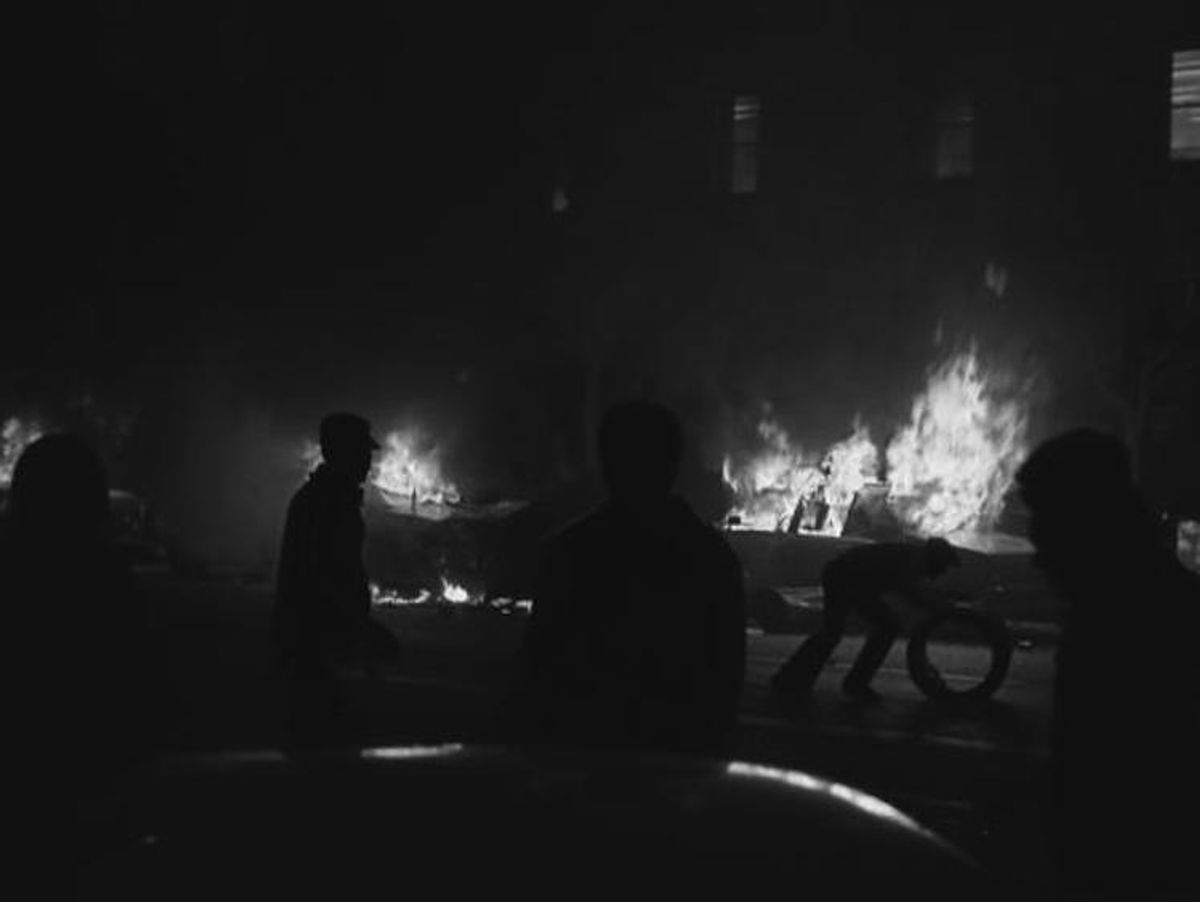



































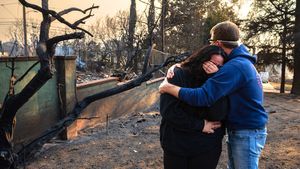


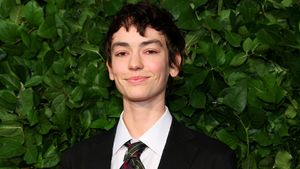









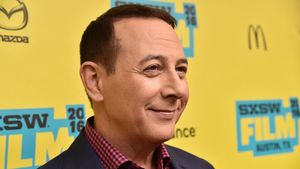


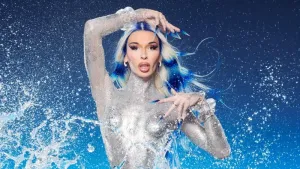
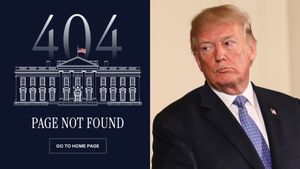











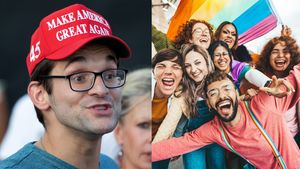



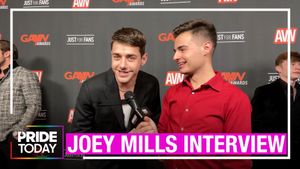
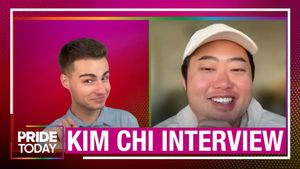



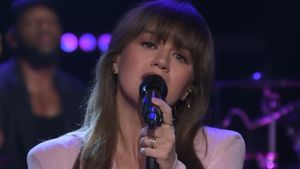









Trans woman challenges transphobic Trump order in court